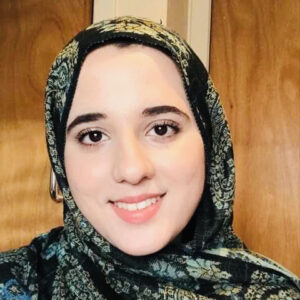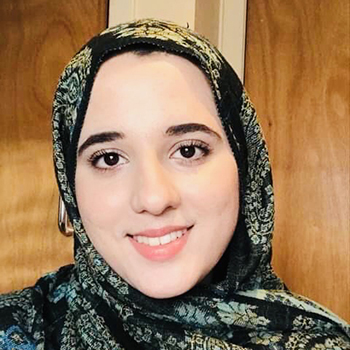 Hi, I’m Mahnoor Shah and I’m a fourth year medical student. I have just finished my intercalation degree in health sciences (surgical sciences). Intercalation in medical school comes with many benefits and a few challenges. Hopefully, this will shine some light into what to expect during one of the best years at university.
Hi, I’m Mahnoor Shah and I’m a fourth year medical student. I have just finished my intercalation degree in health sciences (surgical sciences). Intercalation in medical school comes with many benefits and a few challenges. Hopefully, this will shine some light into what to expect during one of the best years at university.
How to choose the degree
There are so many options to choose from, but it’s best to explore and see what you are most interested in. Take your time to ask seniors for their perspective and how they found the year. Most of the degrees have significant time allocated to self-learning, so it’s best to choose something that you are willing to read a lot about. I chose health sciences, focussing on surgery because I am interested in surgery, but many people chose additional modules that were different to their course.
The highlights
Every degree comes with their own perks, but studying health sciences came with many highlights. It was really nice to learn more about something you’re passionate about, whether it be surgery to primary care.
Another highlight is the new friendships formed with students studying other degrees and there’s lots of free time! Coming away from the academics, it was good fun to binge watch many films and dramas without feeling as guilty and spend more time in societies.
The jump isn’t as bad as you think
Intercalating has helped me improve my studying techniques. Most of us are used to cramming in first and second year but the work-load in third year makes it really difficult to cram! Intercalation has helped me learn that it is easier to learn consistently in smaller chunks throughout the semesters.
Most of us are used to answering multiple choice and single best answer questions in lighting speed, but we haven’t written essays for exams under timed conditions in at least two years. This can make you feel more exposed to how much you really know on a subject, but hopefully learning little chunks frequently will help you. The jump between studying medical lectures to understanding and analysing cutting edge research can seem significant, but you will find that are many teachers and students who will help you get through. Everyone is on the same boat and you are not alone.
Third year was a great year to meet friends outside our cohort and learn from many students from the wider university. They brought insightful perspectives to discussions and were very helpful. Intercalation was a good time to help network and reach out to scientists and academics if you are interested in developing research skills and delving deeper into academic research. Prior to the COVID-19 pandemic, it was great to explore the city and have more time on your hands, but during lockdown it was also great to be able to sit (or lie in) and get on with the dissertation.
Challenges
No difficulty comes without ease. There were a few challenging steps throughout the intercalation but do remember that you are not alone and that everyone is in the same boat. Looking back, I did take some time to learn how to critically analyse studies and be able to dissect an article. This year is dedicated to being able to consolidate your abilities as a researcher, go beyond what an article states, and to think how and why things were done in a certain way. In hindsight, the greatest challenge was to change the way how we think.
Project
The project can appear daunting at first, but my strongest advice is to take time to understand the project and get to know the supervisor. I was really fortunate to have supportive supervisors, and I was encouraged to steer my project in any direction I wanted to. Whatever you choose to intercalate in, it does not limit what project you can do. Feel free to approach any potential lecturers or researchers who have similar interests and make a project yourself, whether it be an audit or systematic review, but you will have to run this through with the teaching staff.
The project is also a great opportunity to be able to develop many skills. Remember to look out for opportunities to present your work in conferences. A good stepping-stone is to present in the INSPIRE conference. It’s a good space to be learn how to present your project and answer questions (they won’t grill you don’t worry!). You’d be surprised how hard it is to summarise 12 weeks’ worth of work in four slides! Remember to look around for funding opportunities as there are lots of organisations that offer grants that can support you during your research but try to start looking before the project starts.
Transferring back into medicine
I have enjoyed going back into medicine with a fresh perspective. It has helped me appreciate the developments and progress in medicine. I look forward to learning more, consolidating the principles learnt in pre-clinical years, and hopefully work on the new skills I’ve developed from the intercalation year.




Best wishes for your bright success.